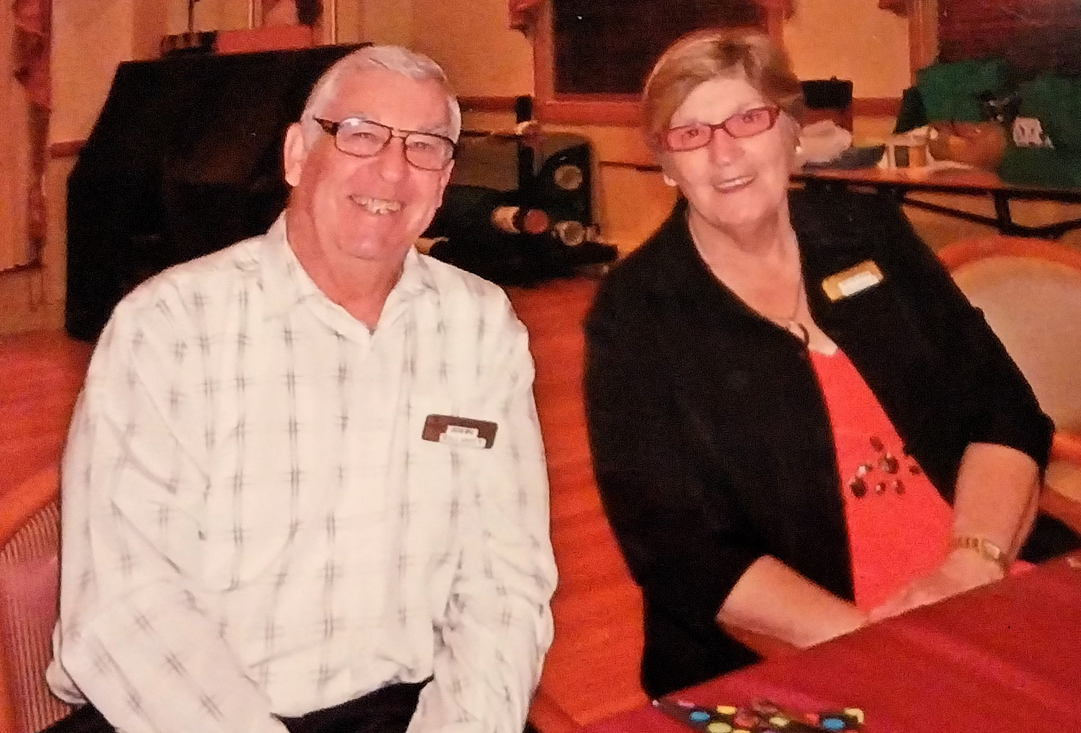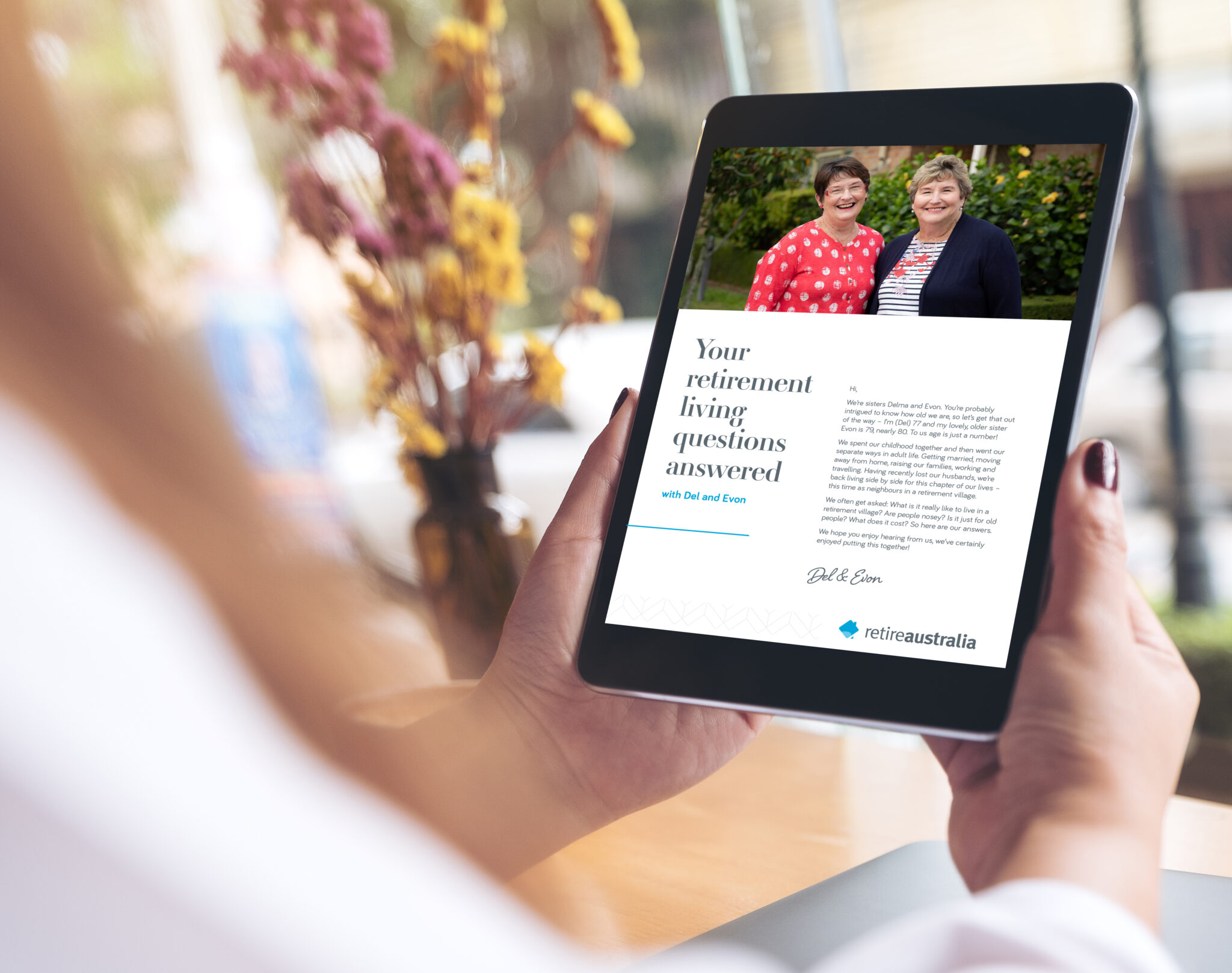The Australian climate can be truly relentless and those aged over 65 are among the most susceptible to heat-related illnesses.
It’s important to be prepared for periods of extreme heat and have a plan in place to keep yourself and your loved ones safe.
Here are our top tips on what you can do to be more heat smart:
Drink plenty of water
Elderly people lose about 2 litres of water per day and this rate increases in hot weather. In order to combat dehydration, make sure you are drinking plenty of water to replace what is being lost. Stock up your fridge with water bottles if you have been warned of an oncoming heat wave and keep one with you throughout the day.
Know the symptoms
Headaches, dizziness, stomachaches and darker urine can all be results of heat exposure. If you know the signs, you can react accordingly before any symptoms become more serious and detrimental. Act quickly and seek medical attention if you’re not feeling like your usual self. A good tip is to keep your medical contact on speed dial or have the phone number sitting beside the phone.
Alter your schedule
If you had planned to spend the day outside, alter your schedule where possible to take advantage of the cooler parts of the day, such as early mornings or late evenings. Even during these times, it’s recommended that you wear a hat and carry water with you.
Keep your house cool
Even if you’re staying inside, you should take measures to keep your home as cool and comfortable as possible. Close your blinds and curtains to keep the sun out and if you don’t have air conditioning, try sitting a bowl of ice water in front of a fan.
Check your medication
Many medications are affected by hot weather and can become less effective or even toxic if exposed to high temperatures. Keep your medication in a cool, dark spot or in the fridge if indicated and speak to your doctor or pharmacist if you have any concerns.
Dress accordingly
If you do need to leave the house, wear loose-fitting, lightweight clothes to stay cool. You should also try to cover up as much as you can to stay protected from the sun’s rays and avoid wearing darker colours, as these absorb the heat.
Change your bedding
As you fall asleep, your body temperate lowers, which is why many people have trouble sleeping on warm nights. Before you go to sleep at night change your duvet for a sheet and, just like with your clothing choices, opt for cotton sheets for breathability. Another tip is to have a cold shower before bed to cool down your body temperature.
Don’t forget your friends and family
In extreme weather conditions, it’s important to keep check on your friends and family, especially if you are aware of any existing medical conditions or weaknesses. Whether it is a friendly text or call, a quick check-in can make all the difference to someone, particularly if they live alone.
This is extends to your furry friends too. Keep your pet indoors if possible with plenty of water available and monitor their behavior.
In our warm Australian climate, heat waves can hit suddenly and last for as long as a week. When these times come, safety and comfort should be a top priority, especially for the elderly or disabled.
To ensure that you and your loved ones can make the most of the warmer months, be sure to follow our tips and stay heat smart during the hotter months.










